- Florida Hospital College of Health Sciences, located near downtown Orlando, specializes in allied health and nursing education. The College works closely with Florida Hospital to give students the clinical experience that only a major medical center can provide. Florida Hospital, a 1,478 bed medical center, is the largest of more than 350 health care facilities, worldwide, operated by the Seventh-day Adventist Church. The hospital is internationally recognized for its programs in heart and orthopedic surgery, organ transplantation, and limb replantation.
School Highlights
AdventHealth University serves 2,118 students (39% of students are full-time).
The college's student:teacher ratio of 7:1 is lower than the state community college average of 20:1.
Minority enrollment is 67% of the student body (majority Hispanic), which is equal to the state average of 67%.
Quick Stats (2025)
- Enrollment: 2,118 students
- Private-state tuition: $12,430
- Acceptance Rate: 90%
- Student:teacher ratio: 7:1
- Minority enrollment: 67%
- Source: Integrated Postsecondary Education Data System (IPEDS)
Top Rankings
AdventHealth University ranks among the top 20% of public schools in Florida for:
Category
Attribute
Diversity
School Overview
The teacher population of 305 teachers has stayed relatively flat over five years.
AdventHealth University
(FL) Community College Avg.
Carnegie Classification
Special Focus Four-Year: Other Health Professions Schools
Not applicable, not in Carnegie universe (not accredited or nondegree-granting)
Institution Level
Four or more years
At least 2 but less than 4 years
Institution Control
Private not-for-profit
Private not-for-profit
Total Faculty
305 staff
139 staff
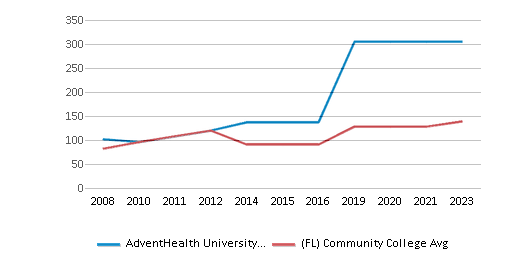
School Calendar
Student Body
The student population of AdventHealth University has grown by 25% over five years.
The student:teacher ratio of 7:1 has increased from 6:1 over five years.
The AdventHealth University diversity score of 0.76 is equal to the state average of 0.76. The school's diversity has stayed relatively flat over five years.
Total Enrollment
2,118 students
646 students
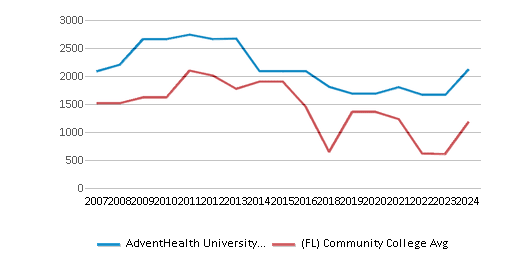
Student : Teacher Ratio
7:1
20:1
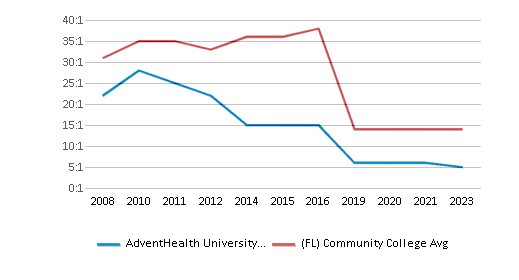
# Full-Time Students
819 students
587 students
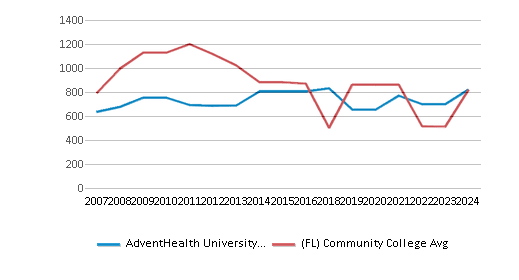
# Part-Time Students
1,299 students
557 students
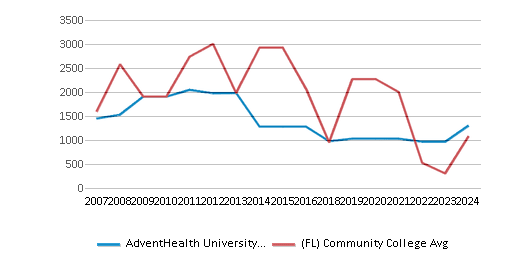
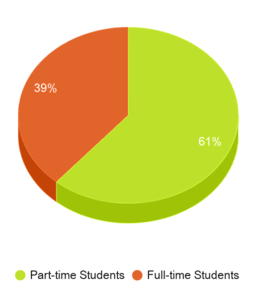
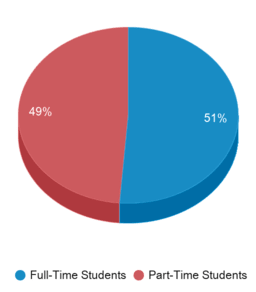
# Enrollment Undergraduate
147 students
261 students
# Full-Time Undergraduate Students
437 students
574 students
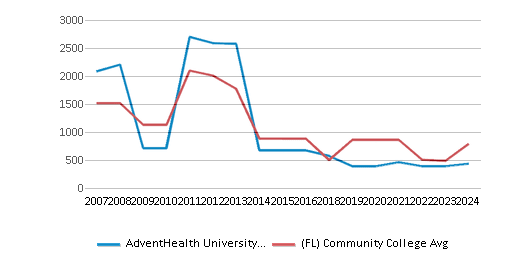
# Full-Time Graduate Students
382 students
85 students
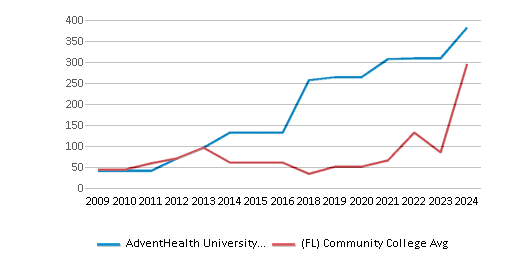
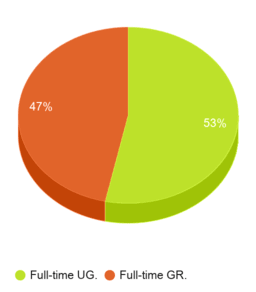
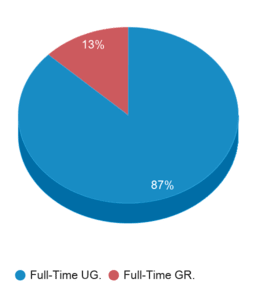
# Part-Time Undergraduate Students
1,041 students
648 students
# Part-Time Graduate Students
258 students
36 students
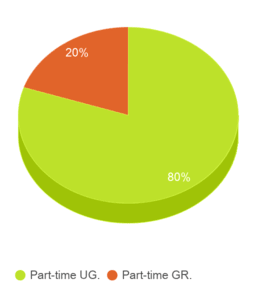
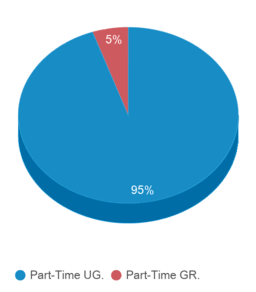
Total Dormitory Capacity
174 students
174 students
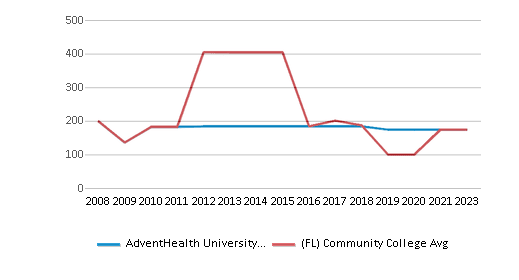
% American Indian/Alaskan
n/a
n/a
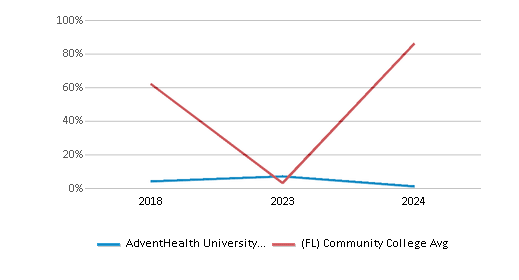
% Asian
5%
5%
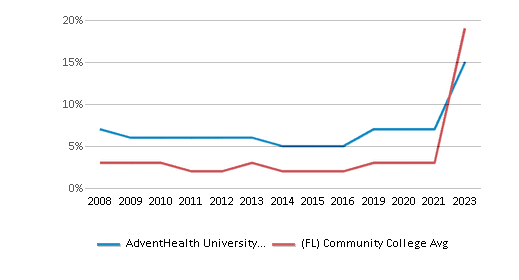
% Hispanic
32%
30%
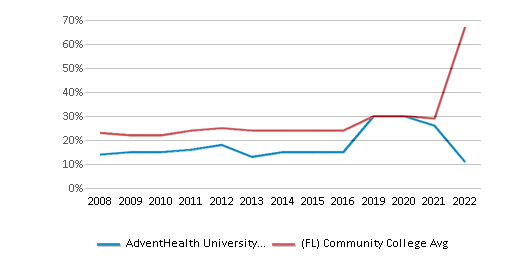
% Black
15%
19%
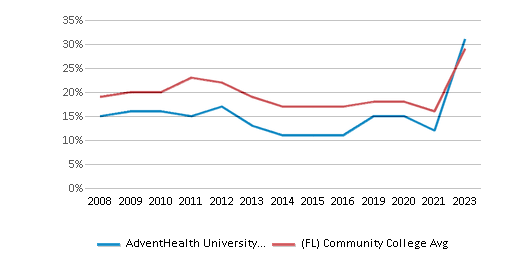
% White
33%
33%
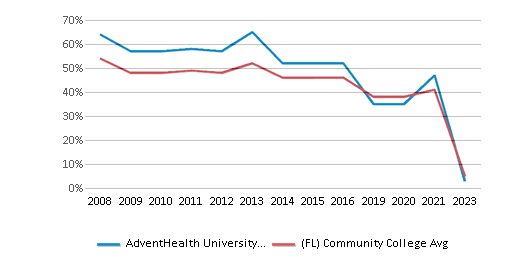
% Hawaiian
n/a
2%
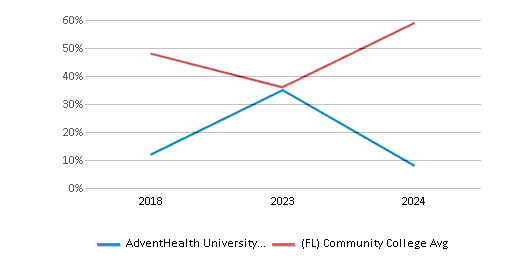
% Two or more races
3%
4%
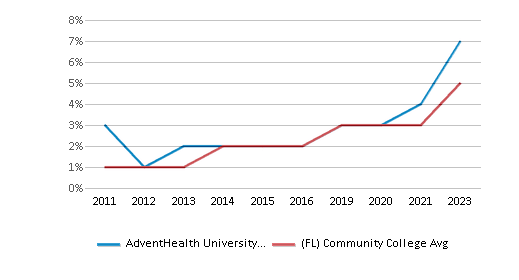
% Non Resident races
3%
2%
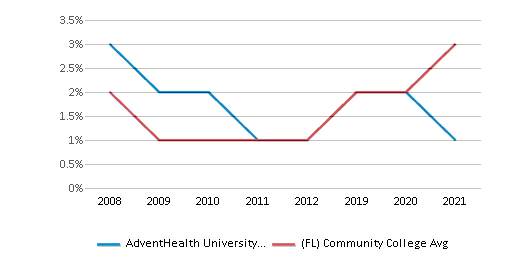
% Unknown races
8%
5%
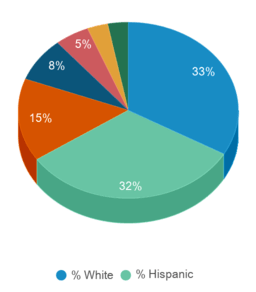
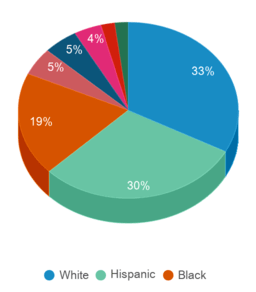
Diversity Score
0.76
0.76
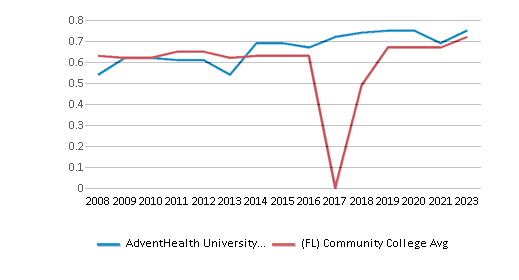
College Completion Rate (Students who graduate in less than 4 years)
n/a
0.6183%
College Completion Rate (Students who graduate in 4 years or more than 4 years)
0.5469%
0.4334%
Average Graduate Earnings (10 Years)
$53,800
$31,500
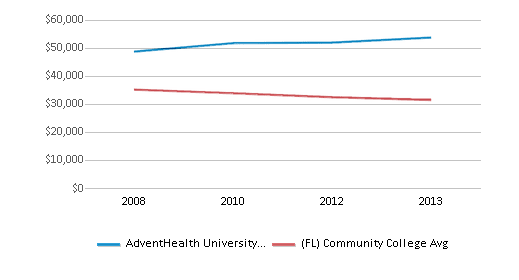
Tuition and Acceptance Rate
The private state tuition of $12,430 is less than the state average of $16,355. The private state tuition has declined by 37% over four years.
Private State Tuition Fees
$12,430
$16,355
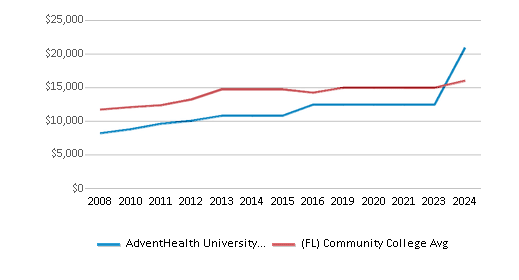
% Students Receiving Some Financial Aid
84%
88%
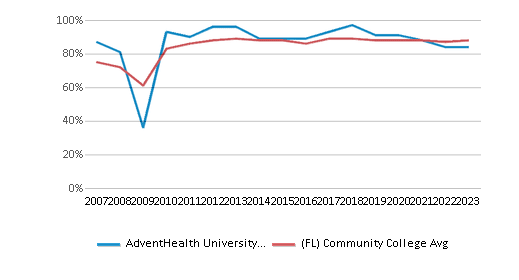
Median Debt for Graduates
$25,034
$9,750
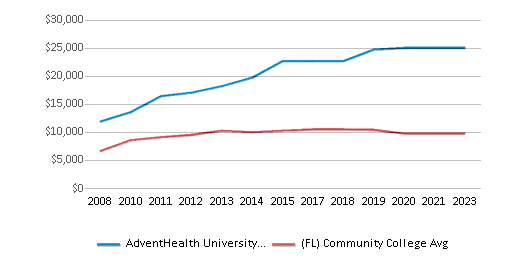
Median Debt for Dropouts
$9,500
$5,500
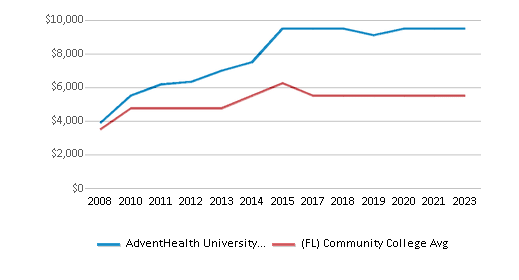
Acceptance Rate
90%
94%
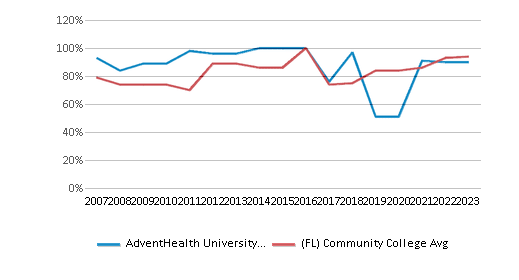
SAT Total Avg.
871
871
SAT Reading
442
442
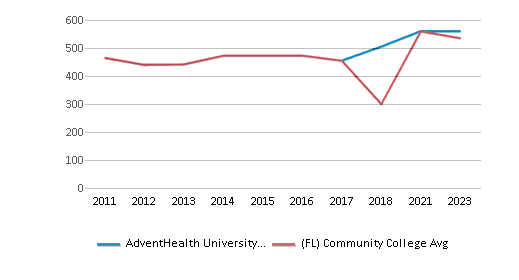
SAT Math
429
429
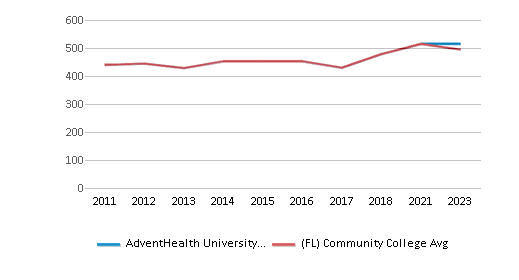
ACT Total Avg.
54
54
ACT Composite
18
18
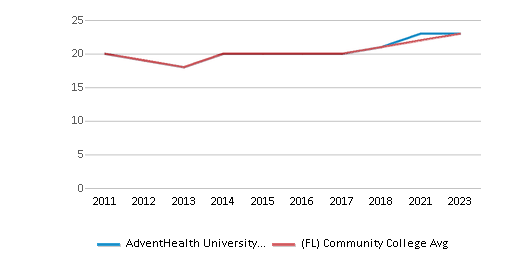
ACT English
18
18
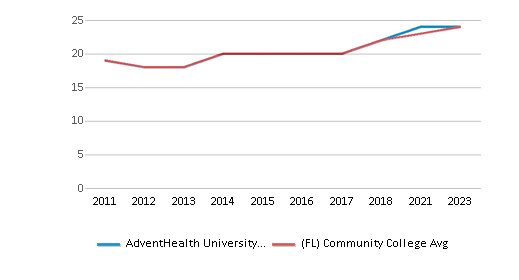
ACT Math
18
18
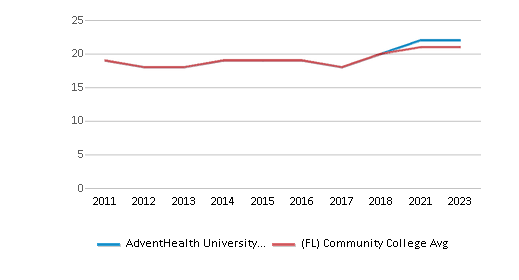
Source: 2024 (or latest year available) Integrated Postsecondary Education Data System (IPEDS)
School Notes
- The College offers outstanding educational programs. Degree choices include baccalaureate degrees in nursing and radiologic sciences. Associate of science degrees in diagnostic medical sonography (general or cardiovascular ultrasound), nuclear medicine, nursing, occupational therapy assistant, pre-professional studies, and radiography. Certificate programs are available in advanced placement - diagnostic medical sonography, advanced modalities - cardiovascular interventional technology, computed tomography, magnetic resonance, mammography, and nuclear medicine. General education courses in liberal arts and sciences are also taught on our campus. Contributing to academic excellence on-campus is a Learning Resource Center and the Robert Arthur Williams Library containing outstanding collections of print and video information in nursing and allied health fields. Campus Ministries are a vital part of student life. This special dimension provides students with Christian educational experiences that include assembly programs, music, drama, and the camaraderie of Christian friends. Students have access to the Florida Hospital Seventh-day Adventist Church, which is within walking distance of our campus. The church offers weekly services throughout the year. Student life at Florida Hospital College of Health Sciences is a vital part of the campus pulse, where a positive school spirit stimulates a creative, innovative and fun learning environment. The Student Services Department offers a wide variety of social events, Christian activities, and services all of which are the dimensions of college life that build good memories and successful endeavors! Florida Hospital College is accredited by the Southern Association of Colleges and Schools, Commission on Colleges.
Frequently Asked Questions
How much does AdventHealth University cost?
AdventHealth University's private state tuition is approximately $12,430.
What schools are AdventHealth University often compared to?
AdventHealth Universityis often viewed alongside schools like Valencia College by visitors of our site.
What is the acceptance rate of AdventHealth University?
The acceptance rate of AdventHealth University is 90%, which is lower than the state average of 94%.
What is AdventHealth University's ranking?
AdventHealth University ranks among the top 20% of community college in Florida for: Diversity in US community colleges.
In what neighborhood is AdventHealth University located?
AdventHealth University is located in the North Orange neighborhood of Orlando, FL.
Recent Articles

Obtaining Your Bachelor's Degree at a Community College
Explore the evolving landscape of community colleges offering bachelor's degrees, addressing affordability, accessibility, and workforce needs.

A to Z of Community College Certificates and Courses
From business and healthcare to technology and skilled trades, the article showcases the breadth of options available to students seeking to enhance their knowledge, develop new skills, or pursue career advancement.

What is a Community College?
This comprehensive guide explains what a community college is, its history, and its role in higher education. It covers the types of programs offered, differences from four-year colleges, benefits of attending, and important considerations for prospective students, providing valuable insights for those exploring educational options.









